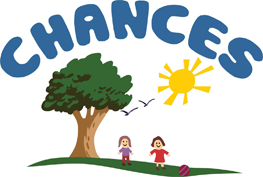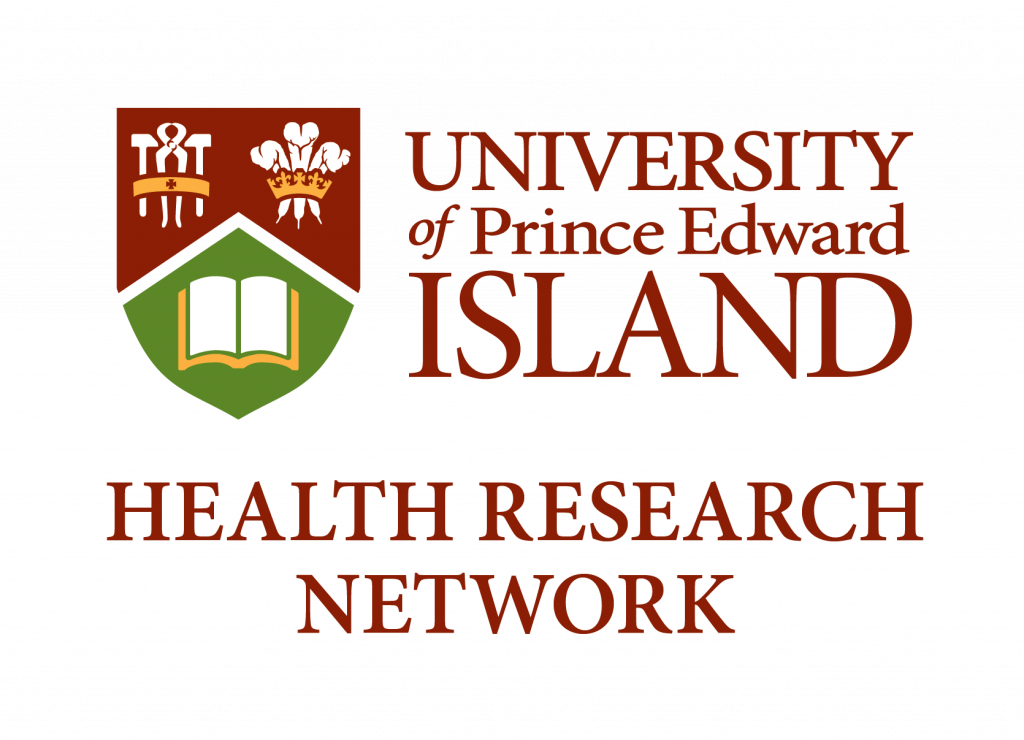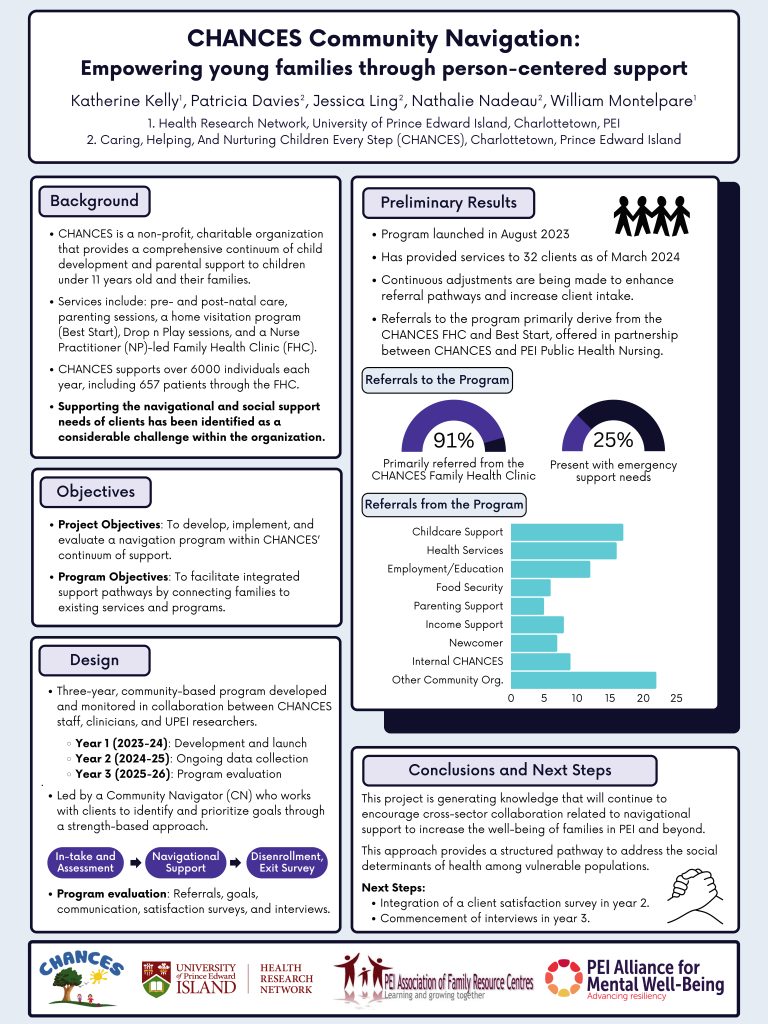Empowering young families through person-centered support
Funded by the PEI Alliance for Mental Health through an Enhanced Supports grant, the Community Navigation program is an initiative in partnership between the Health Research Network and CHANCES (Caring, Helping and Nurturing Children Every Step) Family Centre.
Community navigation, also known as patient navigation, aims to foster autonomy and promote resilience in families by facilitating timely access to services across the social determinants of health. Navigators aim to support families through a person-centred approach to reduce barriers, prevent poor health outcomes, build resilience, and improve well-being.
This three year project, beginning April 2023, aims to build capacity for navigational services within the CHANCES organization to support vulnerable families by: (1) embedding a Community Navigator into the CHANCES multidisciplinary team to support families across all existing CHANCES programs; (2) building capacity to streamline referrals and developing a centralized list of commonly accessed services/program; and (3) identifying and reporting gaps and/or barriers to services/programs.
The presence of a Community Navigator is expected to enhance CHANCES’ current multidisciplinary team, by providing comprehensive, person-centered services to individuals and their families who present to CHANCES programs. An anticipated long-term outcome of this project includes lessening the need for families to require more “downstream” services. Through the proposed initiative, families will have access to a Community Navigator in an inclusive and accessible environment for families.
CHANCES provides a range of child development and caregiver support services to children from 0-11 years and their families, particularly those experiencing additional life challenges. CHANCES programming is offered across the province at no cost to participants. Through the proposed initiative, families will have access to a Community Navigator based in Charlottetown and available virtually (i.e., by telephone, email, and/or video conference). The navigator will provide individualized assistance to families as needed. In addition, the navigator would provide support to educational sessions focused on mental health services through existing programs (e.g., emphasizing coping skills, postpartum support, etc.).




